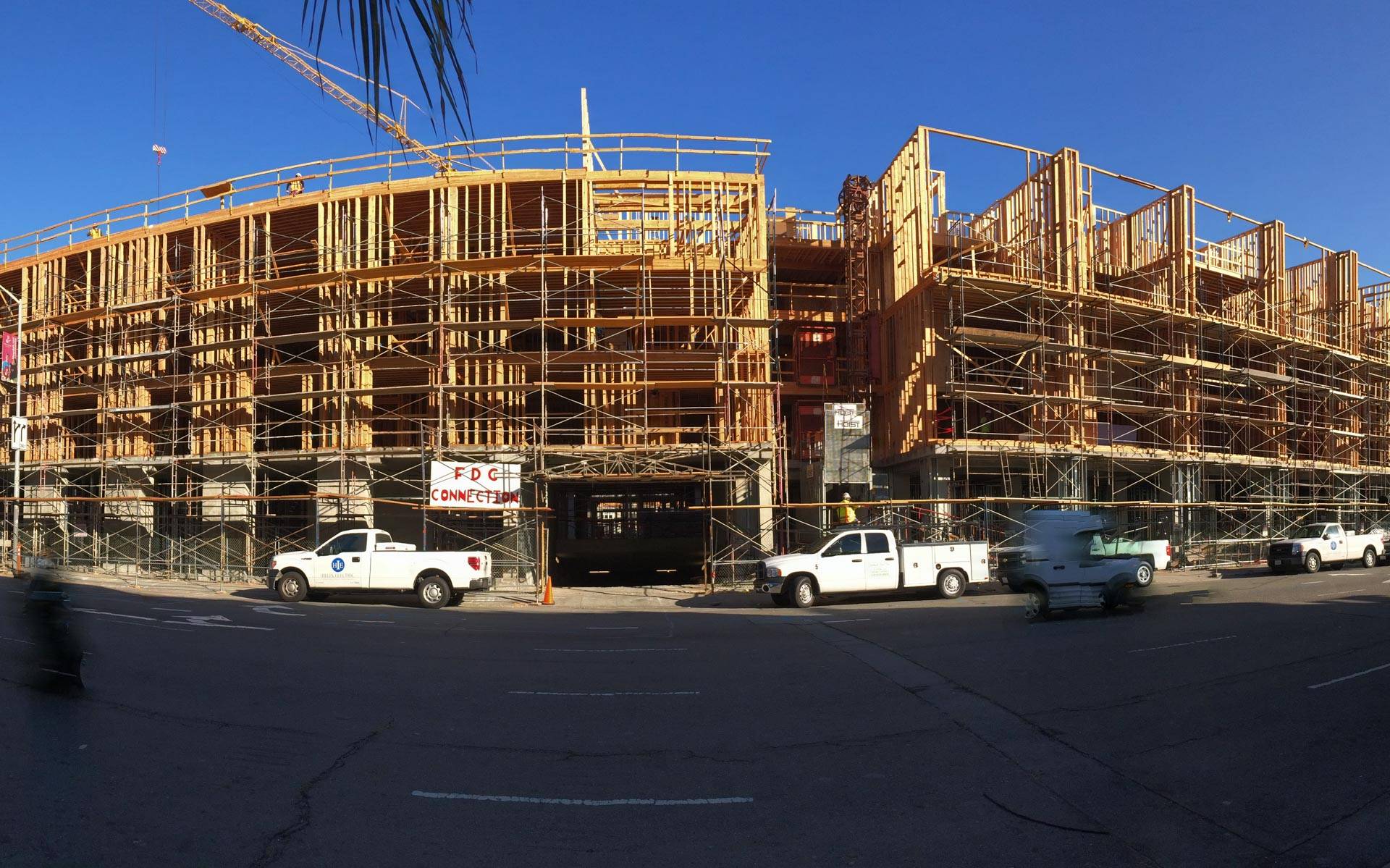Portantino said he preferred offering cities incentives rather than imposing mandates and hoped delaying Wiener’s bill until 2020 would “result in a more targeted legislative effort.”
The amendments Wiener and his allies formally introduced late Monday night attempt to answer concerns heard from cities and advocates for lower-income Californians: first by offering local governments some flexibility in how they implement SB 50’s requirements, and second by including a clause that would ensure low-income residents are given priority for the new housing units the bill requires in their neighborhoods.
The bill’s new language on local flexibility would give cities the option of crafting their own housing plans as long as those blueprints create at least the same number of new units as SB 50 would. To ensure that housing commitment is met, city plans would be subject to review by the state Department of Housing and Community Development and the Governor’s Office of Planning and Research.
Cities’ plans would also be barred from resulting in increased vehicle travel and would be required to distribute new housing equally among affluent and lower-income areas.
“A city could not just push all of its development into some remote area that’s not connected to jobs or transit,” Wiener said in a Monday media call on the amendments. “And a city could not say we’re going to put all of our density into low-income neighborhoods and communities of color but maintain more low-density zoning in more affluent areas.”
The “neighborhood preference” provision in the amended bill would give local residents priority for 40% of new units developed under the law and designated for low, very low and extremely low income households.
Those provisions leave the heart of SB 50, most of which would take effect Jan. 1, 2023, largely unchanged. The bill’s central proposal — requiring cities in the 15 counties with populations of 600,000 or more to approve buildings in the four- to five-story range near train stations and along the busiest bus lines — is intact. In the Bay Area, that requirement would apply in Alameda, Contra Costa, San Francisco, San Mateo and Santa Clara counties.
In less populous counties, cities with 50,000 or more residents would be required to allow buildings 15 feet higher than the current maximum for residential or mixed-use structures. Bay Area municipalities that could be affected include San Rafael, Santa Rosa, Vallejo, Fairfield and Vacaville.
The bill leaves in place a provision that would end single-family zoning throughout the state by allowing property owners to build up to four units of housing on vacant parcels or to convert existing buildings into fourplexes.
The proposal would require projects approved under the bill to include 15% to 25% lower-income units, depending on the project size. The bill would also seek to prevent tenant displacement by restricting demolition of existing rental housing.
The bill also continues to grant a five-year delay for implementation, until 2026, for areas designated as “sensitive communities” — those peopled mostly by renters and low-income residents and which may have experienced high rates of racial segregation, poverty and exposure to environmental hazards.
Wiener said Monday the changes in the bill reflect intensive consultation with local government officials “who have said, ‘We understand what you’re trying to do with this bill, we support what you’re trying to do with this bill, but can you please give us some additional flexibility, because every city has unique features.’ ”
The legislation will come up for a final vote in the state Senate by the end of January and will still face a series of hurdles, including a lengthy Assembly amendment process, before becoming law.
Wiener said he is confident that with an increasingly diverse collection of supporters — including business, labor, community groups, affordable housing groups, environmental groups, senior organizations and college student associations — the bill is gaining momentum.

